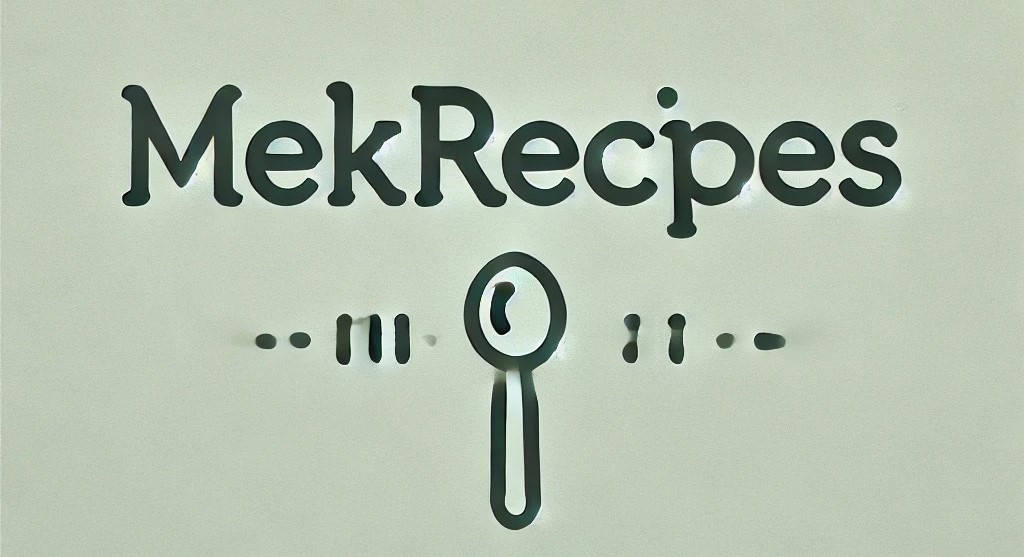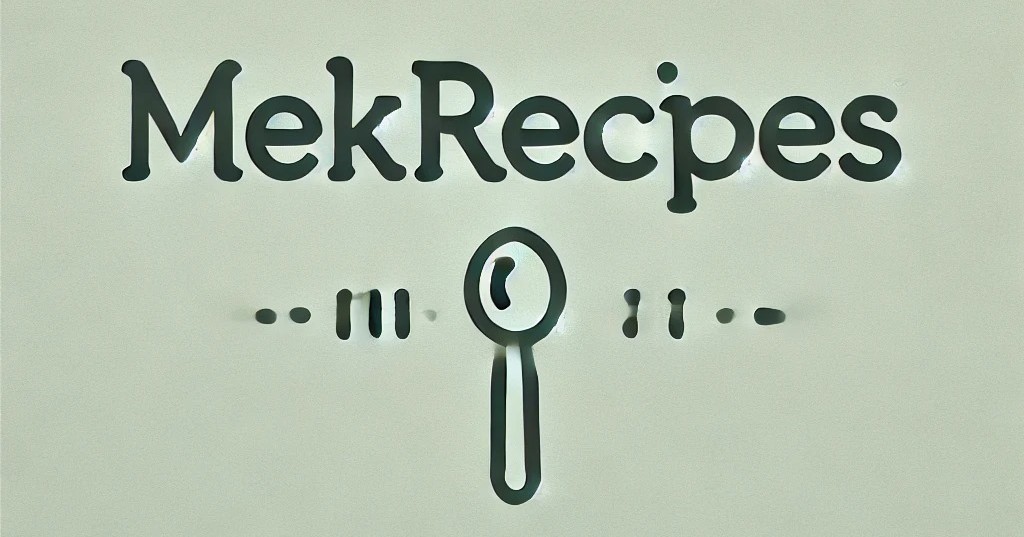:max_bytes(150000):strip_icc():format(jpeg)/Washington-Winegrowers-Come-to-the-Rescue-of-Stricken-BC-Vineyards-FT-BLOG1224-Lightning-Rock-02-7ae2fd3d4e914ec8976aa687cdd0be22.jpg)
In a historic commerce association between U.S. and Canadian wine growers, Washington state wineries shipped huge quantities of American grapes north of the border final summer time after a “catastrophic loss” of 90% of British Columbia’s grape harvest.
That’s what the British Columbia authorities is asking an occasion that started on 5 moonless nights in January 2024. After a stealthy freeze crept down the Okanagan Valley — a 155-mile-long basin slicing down the center of British Columbia and containing 86% of the province’s wine output — many vines had been killed outright.
As winter become spring, the extent of the losses turned clear: a US $254.7 million loss to growers and wineries, and one other US$72.9 million for assist industries and lack of work for everybody from grape pickers to winemakers to lodge employees.
However to the south, Washington State winegrowers had been awash in grapes. This was resulting from a bumper crop and the truth that Ste Michelle Wine Estates, the state’s largest wine producer, had introduced a 40% lower in grape purchases in 2023. Growers within the nation’s second-largest wine-producing state had been loaded with unsold grapes. “We’ve had wonderful yields; 2023 was large in Washington,” mentioned Colleen Frei, govt director of the Washington Winegrowers Affiliation. “Our rising situations are fantastic right here: Nice land, good water provide, good soil.”
By mid-March, the Affiliation had revealed an eight-page information on laws for across-border grape shipments by way of a thicket of state and federal laws.
“To see one other wine group dealing with a problem from Mom Nature, we realized that may very well be us,” Frei mentioned. And the Washingtonians had been pricing to promote, she added, regardless of the lessened shopping for energy the Canadian greenback has to the American greenback.
No less than 25% of some 300 wineries within the Okanagan Valley area ended up contacting U.S. vineyards, says Craig Pacheco, founding father of Seattle-based Vin-Star Consulting, a agency linking Canadian wineries with U.S. growers. Washington met the majority of the demand, however in Oregon’s Willamette Valley, “some actually premium Pinot Noir [found] a house with a number of the premium wineries within the Okanagan Valley as a result of there’s not an entire lot of that in Washington,” he mentioned.
Courtesy of Lightning Rock Vineyard
Regardless of all of the outreach on the a part of U.S. growers, it however took months for the Canadian authorities to permit native wines to be made out of grapes outdoors the province with out tax markups. Winemakers went forward and lower their offers regardless. Ron Kubek of Lightning Rock Vineyard in Summerland, a small group on Lake Okanagan, recalled, “Frank Roth [head winemaker for Tagaris Winery, in Richland, WA] and I went all the way down to Lake Chelan and visited wineries and vineyards; they might not have been extra hospitable. The Washington State Winegrowers arrange a wine grape courting service — I want our authorities did one % of what yours did. Ours did nothing. By July 25, lots of people already had their fruit contracts signed. However our authorities acted like idiots.”
Vin Star Consulting’s Pacheco, who drove to the Okanagan in June, questioned if British Columbia officers really grasped the size of the once-in-100-year calamity. “Acres and acres of useless vines,” he mentioned. “What makes this an existential disaster for the British Columbia wine business is the huge replanting effort that might be wanted, which is barely potential over a interval of a number of years.
“Wine isn’t a commodity that you could simply activate subsequent yr. The typical price to replant an acre is $50,000 Canadian, with extra farming and manufacturing prices on prime of that. As soon as vines are replanted, it’s three to 4 years to a totally productive harvest, then it takes time to make the wines and age them. That takes us to 2031 earlier than the business can recuperate to the degrees of grape and wine manufacturing we noticed from 2018 to 2022.”
Some wineries are falling by the wayside. The Canadian outlet World Information acknowledged in January 2024 that “the multi-billion-dollar BC wine business is teetering,” and that 25 % of the world’s wineries had been already on the market.
Philip Fox, an area actual property agent, noticed {that a} true share of sale properties is hard to come back by, in that whereas some wineries are formally on the market, many extra are unofficially obtainable.
“There’s a ton of wineries who, for those who knocked on their door as we speak and requested in the event that they’d prefer to promote, they’d rush to get a pen,” he mentioned. “There’ll almost certainly be a consolidation of a number of the small-to-medium wineries by the massive ones, however the space won’t lose the small family-run wineries that make the area so charming.”
Up till 2024, British Columbia wineries have had their 2020, 2021, and 2022 vintages on the market, and 2022 was a high-quality crop. The issue begins now, in 2025, because the impact of the 2 freezes hits in earnest. Neither is this the one downside.
“We’ve had a scarcity of tourism due to seasonal wildfires, which has impacted wineries, too,” mentioned Christine Coletta, proprietor of Haywire Vineyard and Okanagan Crush Pad in Summerland. “The federal government final yr [2023] advised folks to not come right here, which ruined our August, September, October interval. They rescinded that recommendation three days later, however the harm was achieved.”
Canadian vintners like Coletta have famous that their American counterparts have been promoting them top-quality grapes at below-market costs.
“We’re getting a ton of cooperation from Washington growers,” she mentioned.“We now have gone by way of durations like this earlier than and we’re a bloody resilient folks.”
“In Lake Chelan, we obtained 12 tons of Chardonnay from a woman there,” Kubek recalled. “From Frank Roth at Tagaris, we obtained a few of their natural grapes: Riesling, Syrah, and others. When Chateau Ste Michelle canceled 40% of their grapes, there was lots left over.”
Cameron Karsten for Trothe
Jeff Andrews, proprietor at Andrews Household Vineyards in Prosser, Washington, mentioned he was glad to promote Kubek and one other Canadian winemaker a few of his Block 98 Cabernet grapes, a share of that are yearly put aside for his top-level Trothe Cabernet.
“We provide a reasonably distinctive proposition in Washington wine; fourth-generation family-owned, third-generation winery,” he mentioned. “We’re very invested in stewardship of our land, which is essential to British Columbia winemakers, and now we have an extended document of manufacturing high-quality fruit.”
Ultimately, a dozen Canadian wineries positioned orders with Andrews, ordering anyplace from just a few tons to a couple hundred tons. A quantity despatched their winemakers to Prosser to supervise the transport of grapes and juice up north.
“We’re all on this collectively, proper?” Andrews mentioned. “Despite the fact that we’re separated by a global border, we’re solely six hours away. We might help one another.”


:max_bytes(150000):strip_icc()/Washington-Winegrowers-Come-to-the-Rescue-of-Stricken-BC-Vineyards-FT-BLOG1224-Lightning-Rock-02-7ae2fd3d4e914ec8976aa687cdd0be22.jpg?w=696&resize=696,0&ssl=1)
